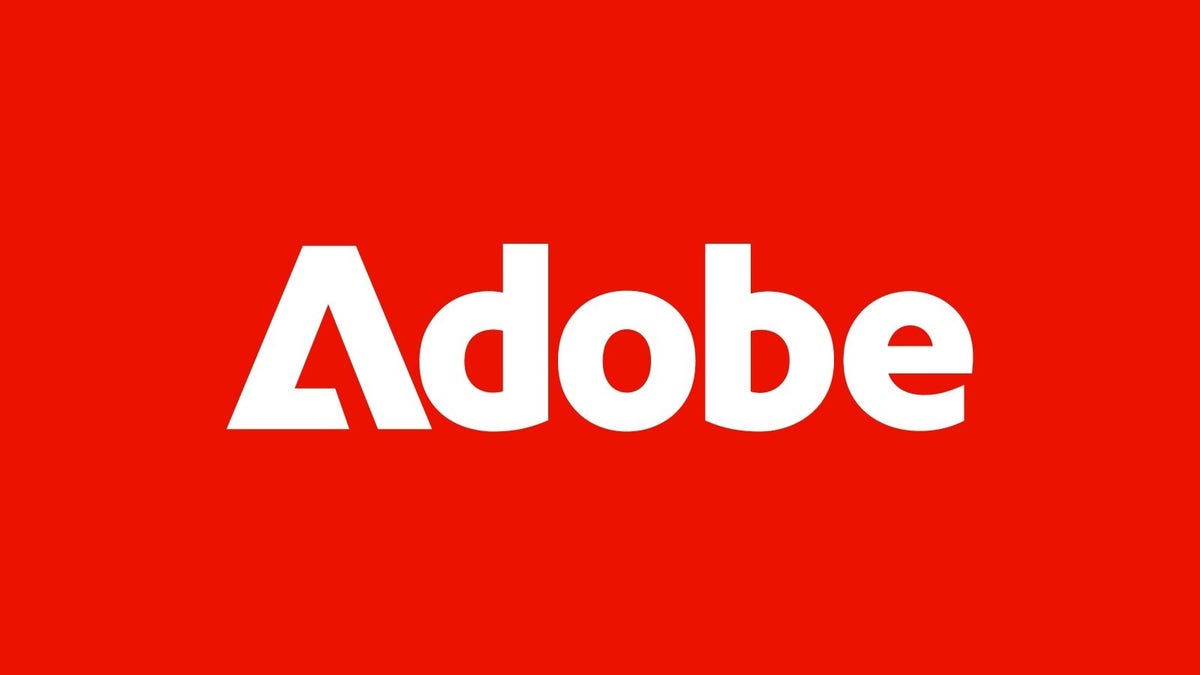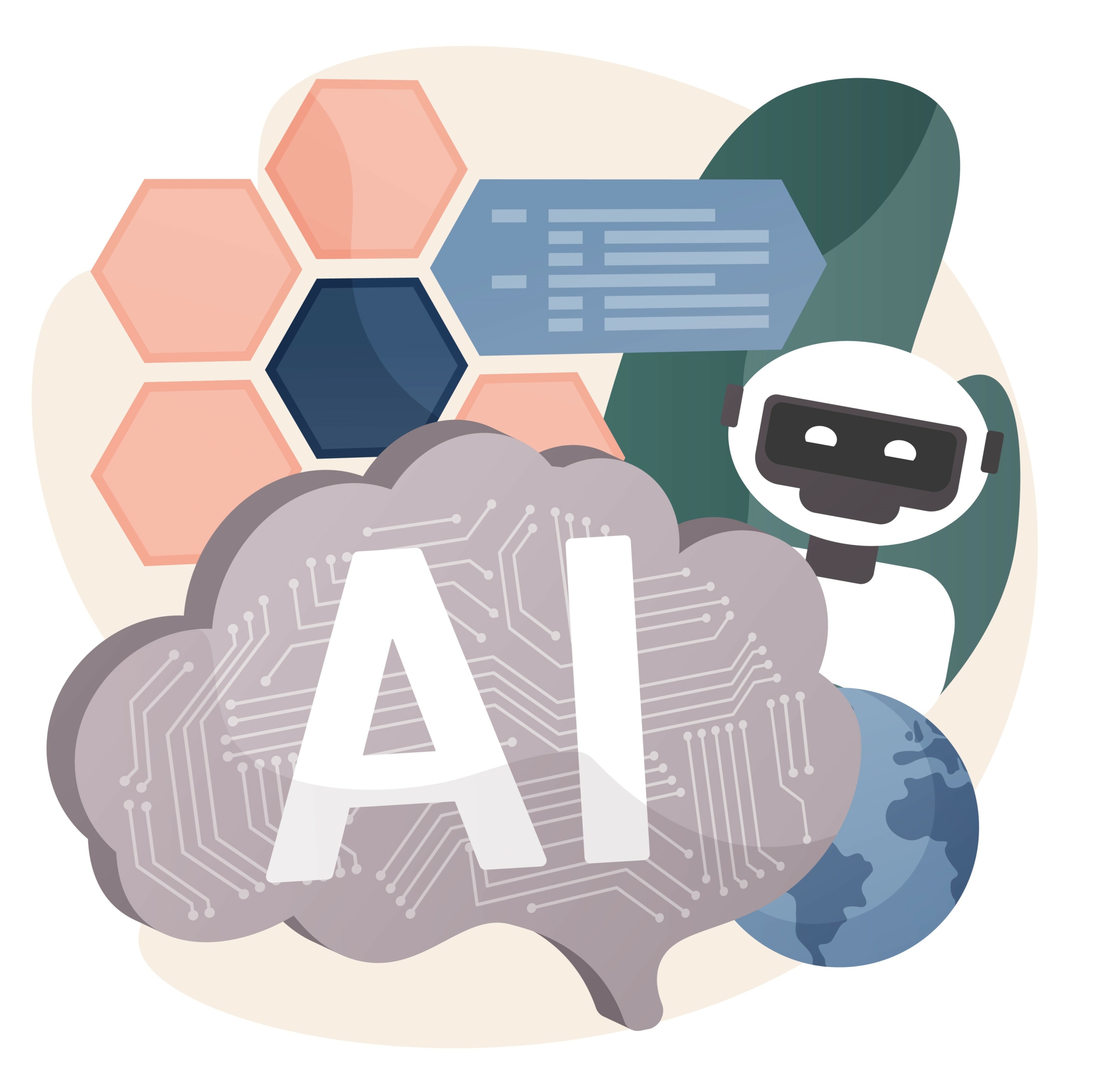AWS has released a new case study showing how Pinterest scaled into an AI-powered discovery platform, emphasising the cloud provider’s role in supporting rapid growth and responsible use of generative tools across the service.
AWS says Pinterest now serves around 600 million users and relies on cloud infrastructure to process large visual datasets. Its systems analyse terabytes of content each day and generate high volumes of personalised suggestions across search, shopping, and inspiration features.
The case study details Pinterest’s move from early machine-learning models to multimodal and generative systems built on AWS. It highlights Canvas for image enhancement, improved visual search, and the conversational Pinterest Assistant.
AWS also points to Pinterest’s use of Amazon EKS, EC2 GPU instances, and Bedrock-powered moderation tools as a full-stack approach to responsible AI. Pinterest states that these systems help maintain a safe and positive environment while supporting new commercial and creative features.
AWS cites recent performance metrics as evidence of effective scaling, noting gains in revenue, user activity, and search quality. The company presents the case study as evidence that cloud-based AI infrastructure can support innovation on a global scale.
Would you like to learn more about AI, tech, and digital diplomacy? If so, ask our Diplo chatbot!










